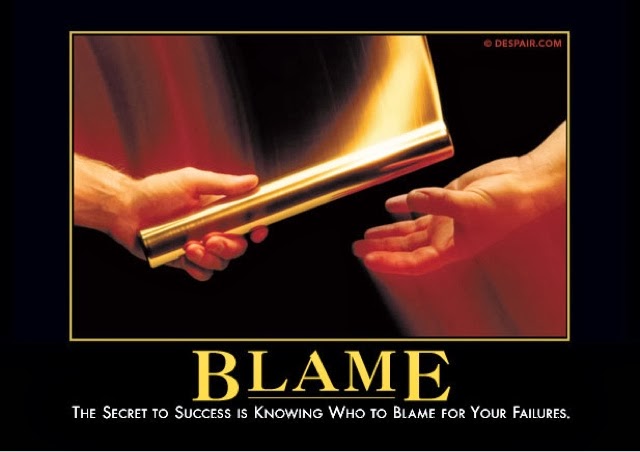How often have you heard or said "I don't like confrontation?" This is a pretty common sentiment among most. Why? What is it that causes our anxiety to rise and our stomach churn when we think of confrontation? Unless you take pleasure in other's pain you most likely have a natural aversion to confrontation. If, like most you don't like confrontation you will most likely put it off, causing more anxiety, frustration and possibly even anger. What is the solution? Is there a better way? Fortunately for the skilled leader confrontation can be a positive, results based, relationship building time.
Confrontation and combative behavior are not synonymous. Confrontation can be skillfully executed without combatting. Before we look at how to skillfully confront problems lets first look at why we normally avoid confrontations.
1. Confrontation can lead to arguments, fights and damaged relationships.
2. Confrontation can feel awkward because we are dealing with tough issues or tough people.
3. Confrontation is usually emotionally charged and can be emotionally draining.
4. Confrontation can come across as criticism which, in turn leaves us open to returned criticism.
5. Confrontation can feel difficult if we are confronting a colleague or superior.
Let's look at a few myths regarding confrontation and some solutions and skills necessary to achieve our goals and objectives.
- Myth: Confrontation leads to fights.
- Fact: Combative mentality leads to fights. Confrontation and combative behavior are not the same thing. True confrontational leaders confront problems and issues and stay away from combative behaviors.
- Myth: Confrontation is too hard and not worth it.
- Fact: People who avoid confrontation tend to have more anxiety in all they do. They work hard to avoid people and situations. In the long run thier life is much more difficult because thier problems don't get fully resolved and they have disfunctional patterns of relating with others.
- Myth: Confrontation is awkward.
- Fact: Avoiding people and issues is more awkward. The awkward feeling comes from the current distance between two people, not the confrontation itself. Skilled confrontation diffuses the awkwardness.
In order to become a skilled leader who can, with skill and charisma confront problems remember the following points.
1. The goal is to confront a problem or issue, not combat with a person. Beginning with the end result - a resolved problem and better relationship is essential for success. Starting with the right mentality will make massive strides in resolving conflicts quickly and effectively.
2. Go into every confrontation with the idea that you are confronting a problem, not a person. Skilled leaders make the confrontation about an issue. Combative emotional weaklings make confrontation about the other person.
3. Think win-win. Prior to any confrontation plan out in your mind the path toward creating a win for both parties.
4. Be direct. Don't beat around the bush. Tell the other person "this is how I see it." Remember to separate your perspective from your emotions. After you have shared how you see the situation say "this is how I feel."
5. Always ask for feedback. After you have told the other person how you see the situation ask "how do you see it?" Remember that the other person WILL have a different perspective. The two perspectives are important in creating the win-win solution.
6. Own your expectations. Your expectations are yours, not the other persons. If you have expectations not being met ensure you communicate them. Avoid emotionally charged words and phrases that you know will get the other person agitated.
7. Keep the problem focused on the item at hand. Don't drag up the past or get dragged into it by the other person. Stay focused on the topic at hand.
8. Finally, and most important, be willing to agree to disagree without combat, conflict and creating hostility. If a win-win situation can not be reached you need to be able to agree to move on without hard feelings.
A skilled execution of confronting a problem by a great leader will leave both parties feeling empowered and with clarity, a plan and better collaboration.
Don't forget to keep your dukes down leave the boxing gloves at home.
***Thank you for reading. Please follow the blog and leave your thoughts below.***



























